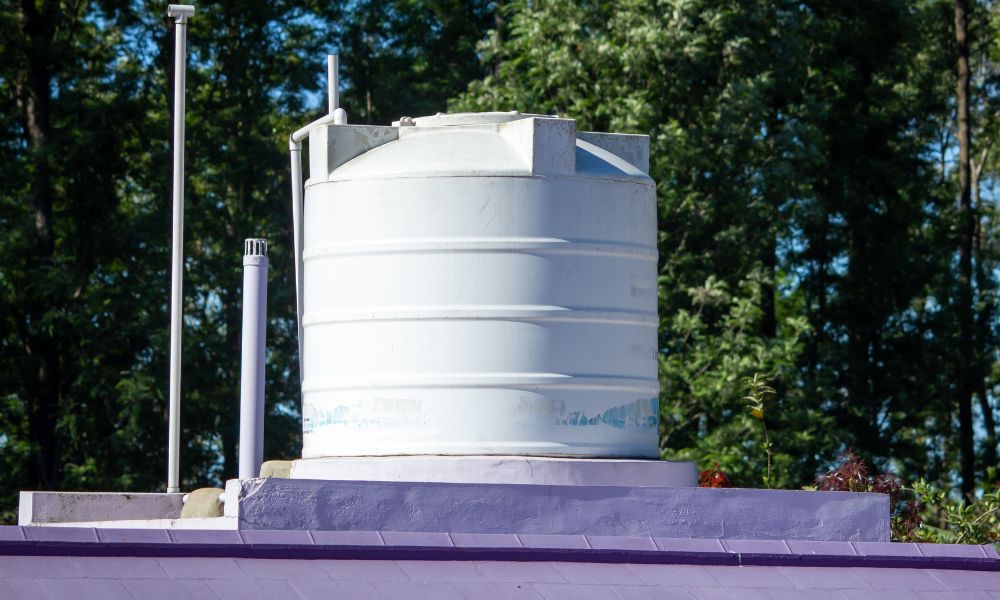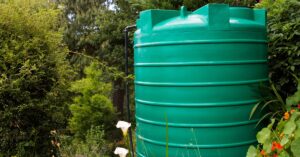Plastic is a unique material that you won’t find anywhere in nature, though it comes from processing natural materials. This synthetic material is one of the most popular materials for product manufacturing and construction due to its durability and inexpensive cost. One of plastic’s most useful features is its resistance to corrosive chemicals, and here’s why it’s resistant.
What Does “Corrosive Resistant” Mean?
So when a material is resistant to corrosion, it isn’t immune to the effects of every chemical out there. Rather, the material can resist corrosion caused by a wide variety of corrosive chemicals out there, at least partially.
What Is “Corrosive?”
It’s important to understand how corrosion works and what it means to be corrosive resistant. Corrosive chemicals come in a wide variety, including alkaline, solvents, and acids. Each one will interact with different chemical formulas in various ways. That’s important to know with plastic products, as one plastic can be great at resisting the corrosion of acid but still melt when in contact with a solvent. Understanding that is the key to using plastics for your products if you want them to resist corrosive chemicals.
Chemical Formula
The chemical resistance of plastic comes from the specific chemical formula of each plastic. Every plastic uses a different structure, which means that they interact with certain materials and chemicals differently. So using certain formulas to create your plastics will make a corrosive-resistant plastic for whatever you need. This is why hiring a custom tank manufacturer to hold corrosive materials is important in a lot of industries.
This is why some plastics can resist corrosive materials. Though there’s no plastic that can handle every corrosive material, you can pick the plastic that best fits your environment and specific needs when using it in your products. This is why plastic is so useful to this day, as it’s so versatile for a variety of industries.




